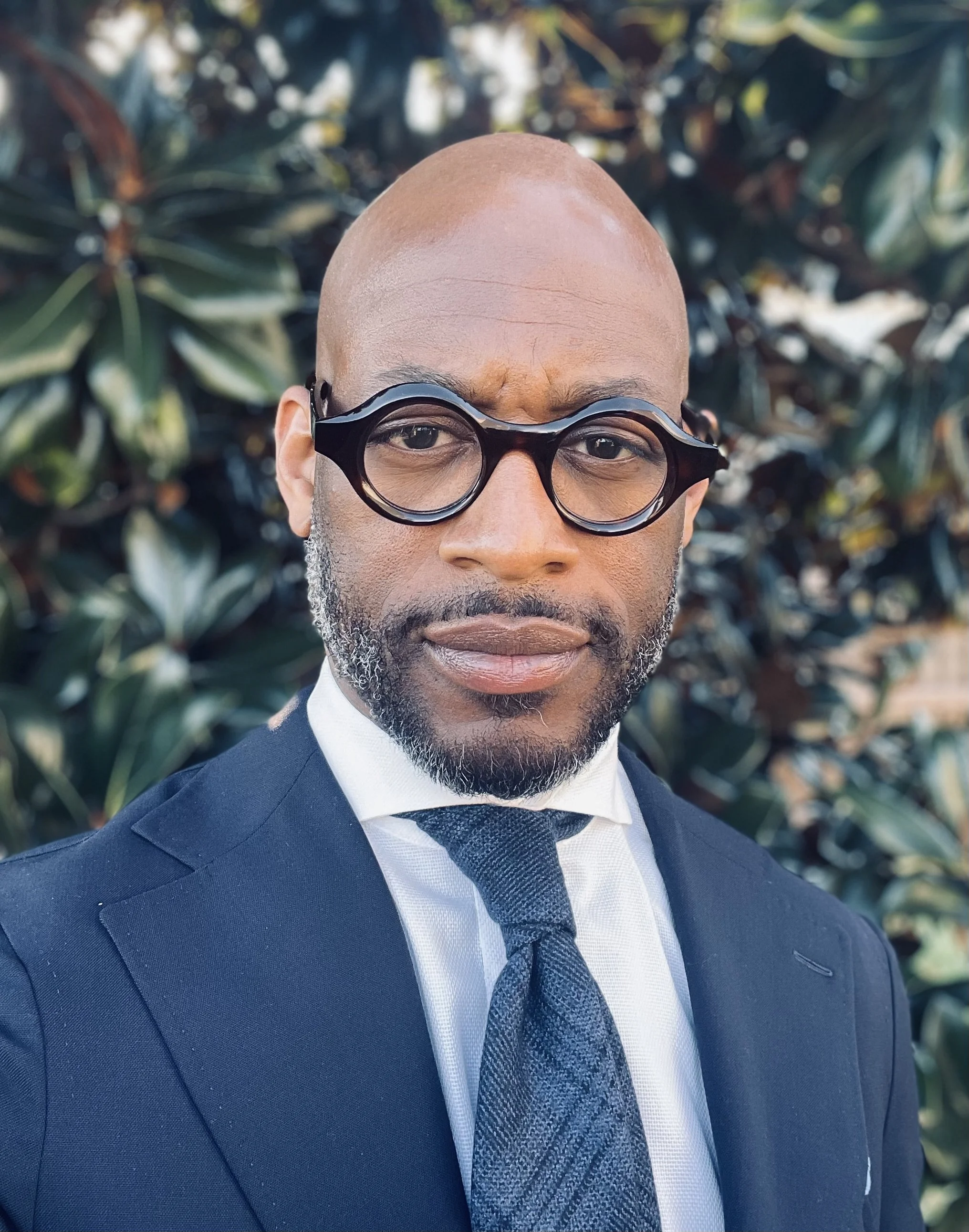
J. Kameron Carter
Writer & Scholar on Religion & Public Life
Hi. My name is J. Kameron Carter. I’m a Professor of African American Studies, Comparative Literature, and Religion at the University of California at Irvine. I write and think about religion and public life or the social ecology of religion. I am particularly interested in the convergences of religion and race; religion, the environment, and climate change; and religion and the arts. On the arts, I have been especially interested in poetry and music as improvisational practices that entail what I call a “poetics of faith,” where faith here means creative endurance under conditions of duress.
I am the author of Race: A Theological Account (Oxford UP, 2008). My latest book is The Anarchy of Black Religion: A Mystic Song (Duke University Press, 2023). The latter book, The Anarchy of Black Religion, inaugurates a 3-part set of books, a trilogy, that aims to recast how we think about religion by subjecting the very idea of religion to black study. I call it “The Black Study of Religion” project.
I am finishing a book called Whiteness: A Political Theology. Yale University Press is publishing the book. This book explores whiteness not merely or flatly as the racial identity of those who’ve come “to believe themselves to be white” (as Ta-Nehisi Coates has put it after James Baldwin), though whiteness surely is connected with white racial identity. Beyond a strictly racial identity way of thinking, in Whiteness: A Political Theology, I consider whiteness as a specific form of religion. By speaking of whiteness as a form of religion, I don’t mean just white Christian nationalism. That’s the all too easy and all too common way of pointing to and explaining what is religious about whiteness. It’s an explanation that, in fact, doesn’t explain much. Instead, I return to how classical Greco-Roman thinkers, such as Cicero for example, thought about what they called religio. For Cicero, religio is not opposed to politics; it is a practice of politics. And politics is a practice of religio — the gathering or assembly of “we” versus a “them.” Hence, the phrase “We the People . . .” is always already a religious utterance.
In pointing back to this ancient way of thinking about religion at the origins of Western political philosophy, to say nothing of how this ancient way of thinking about religion was further remade or reinvented at the origins of the 15th and 16th-century European slave trade of African persons and in the rise of modern political philosophy with the likes of Thomas Hobbes and John Locke, I propose considering whiteness as a practice of religio-racial terror and religio-secular governance and government that has shaped the US’s settler colonial founding, informed European political practice coming out of the Middle Ages, and has also put its stamp on the current day issues of Zionism and the state of Israel and what Israel’s doing in Palestine/Gaza.
In short, in this book, I urge us in our efforts to make sense of the rise of late fascism and authoritarianism in the present to understand whiteness as a form of political theology, which itself is a term coined by the Nazi legal theorist and political philosopher Carl Schmitt.
Whiteness: A Political Theology is the second book in the “Black Study of Religion” project.
My website (where you’re at right now) is being rebuilt. It will contain information about my journalistic writings, forthcoming books, public speaking dates and locations, and other good things. So, please stay tuned.
If you’d like to be notified when my website goes live and when my new books are available, please click on the button below to sign up for email notifications and my newsletter.
If you’d like to reach out to me to comment on news stories or do public speaking, please use the “Contact Me” button below.
More soon . . .